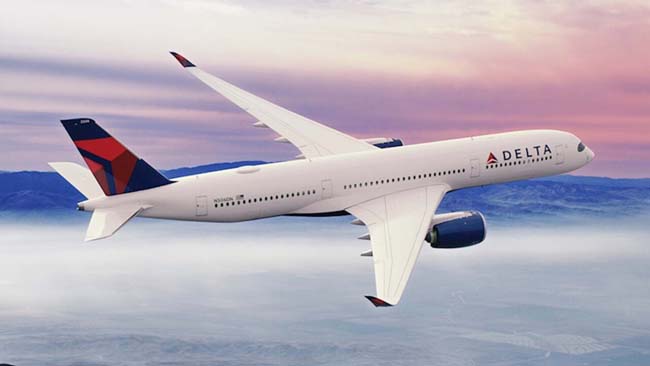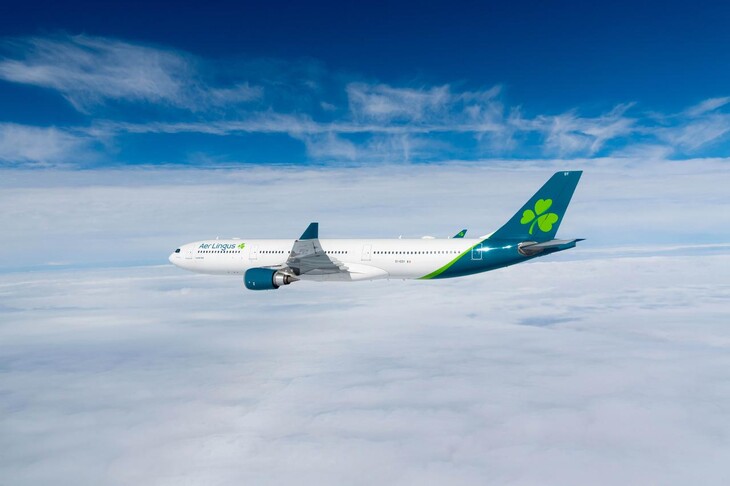Wednesday, August 14, 2024 Malaysia’s recent decision to enhance its public transportation system by leasing 62 new passenger train sets from China is set to have far-reaching effects on the travel industry, both locally and globally. The acquisition, which is estimated to cost RM10.7 billion, is expected to significantly improve the quality and reliability of the Keretapi Tanah Melayu Bhd (KTMB) services, thus benefiting not only local commuters but also international travelers who rely on Malaysia’s railway network.
Implications for Public Transportation Transport Minister Anthony Loke announced that the government has decided to implement a new asset acquisition strategy for KTMB’s passenger train network through a leasing method, conducted via a government-to-government mechanism with China. This strategy is designed to provide Malaysia with modern, reliable trains, while also ensuring that the cost of leasing includes comprehensive maintenance, repairs, and overhauls by the leasing entity. Loke indicated that during Phase 1, spanning from 2024 to 2027, these passenger train sets would be financed through installments over a 30-year lease period.

The final cost, however, will only be determined after further negotiations with the Chinese government. This leasing method, according to Loke, is more efficient than traditional procurement and will expedite the availability of new trains, ensuring the swift enhancement of the railway services. Maintenance and Reliability Currently, around 90% of the passenger trains in KTMB’s service network are manufactured by China Railway and Rolling Stock Corp (CRRC).
However, these trains face significant challenges concerning availability and reliability, particularly for the electric train service and KTM Komuter services. Loke pointed out that the total number of reliable passenger trains currently in service is only 68 sets, which has been causing concerns about the potential decline in service quality. To address these challenges: Scheduled maintenance by original equipment manufacturers will ensure that these trains are kept in excellent working condition, thereby improving efficiency and safety for all passengers.
Strategic Benefits This initiative is expected to increase track utilization from 30% to 45% by 2027, contributing to more efficient train operations. Additionally, the leasing method will allow the government to plan cash flow more effectively while ensuring the timely delivery of the trains. Loke emphasized that this move is part of the government’s commitment to enhancing Malaysia’s public transportation services, which is not only in the national interest but also crucial for the continued growth of the travel industry.
By improving the quality of KTMB’s service network, Malaysia aims to offer better transit experiences to its citizens and tourists alike, potentially increasing the country’s appeal as a travel destination..



















